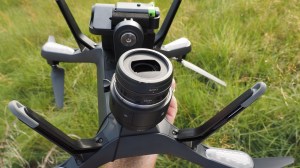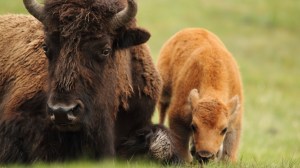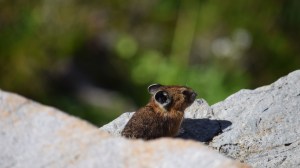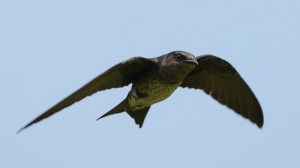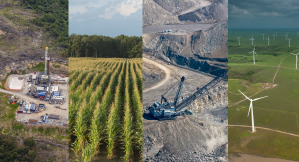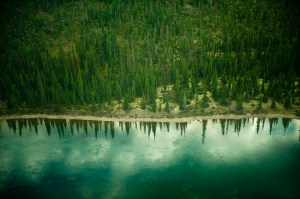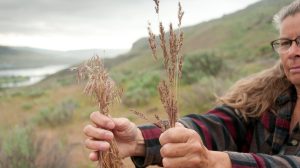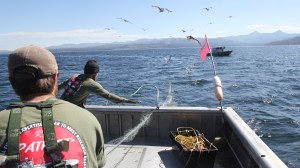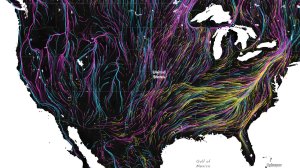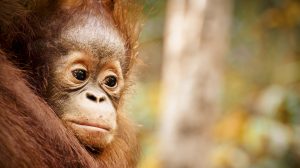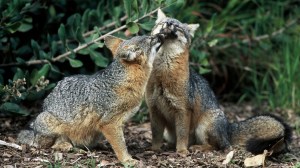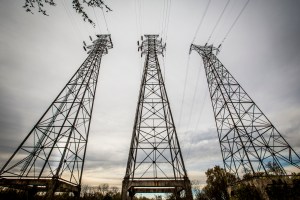Discover stories in Conservation Science
Flight Over the Bas-Ogooué: Using Drones to Map Gabon’s Wetlands
Nature Conservancy scientists are using unmanned aerial vehicles to create the first-ever detailed wetlands map of coastal Gabon, in partnership with NASA and the European Space Agency.
Conserving Bison in Indiana. Yes, Indiana.
Bison are coming back to Indiana. Join land steward Tony Capizzo to learn what factors influence a bison reintroduction.
Pika Quest
Meet the American pika; an adorable relative of the rabbit that hides high in the “sky islands” of mountain slopes. Adapted to a cold environment, these furry mammals are at risk in a warming world.
Purple Martins: The Bird That Relies on Human-Built Nests
Purple martins are truly a bird of the people. In fact, they have shifted almost entirely from natural nests to human-made ones. Why have purple martins become so reliant on us?
Energy Sprawl is the Largest Driver of Land Use Change in the U.S.
The development of new land area required for energy production is, and will likely continue to be, the largest driver of land use change in the U.S. for the foreseeable future.
Global Wilderness Areas in Decline Despite Conservation Targets
New research revels that global wilderness areas are in rapid decline despite recent increases in protected areas.
Attacking Invasive Cheatgrass at Its Root
Not much can stop cheatgrass from spreading. That's why scientists are turning to a solution in the soil, a microbe that inhibits the growth of cheatgrass roots, giving native plants a chance to return.
Gillnets in Lake Yellowstone: Can Conservationists Recover Cutthroat Trout in Our First National Park?
When lake trout arrived in Lake Yellowstone, it devastated a native fish and an ecosystem. On the 100th anniversary of the National Park Service, can a heroic effort set things right?
Migration in Motion: Visualizing Species Movements Due to Climate Change
Climate change is already forcing species to migrate to cooler climates, and Conservancy scientists are mapping these predicted migrations.
For World Orangutan Day, An Ambitious Plan to Save These Great Apes
Bornean orangutans were recently declared critically endangered. Conservationists see this as a call to action to improve forest management.
Recovery: America’s Dwarf Fox Gets a Second Chance
Last week, three subspecies of the Channel Islands fox were delisted – the fastest mammal recovery under the Endangered Species Act. Ted Williams has the most in-depth coverage of this conservation milestone.
Progress in the Search for Better Battery Tech
A new paper by Conservancy NatureNet Science Fellow Won-Hee Ryu may ultimately help scientists overcome one of the most intractable technological obstacles to wholesale adoption of clean energy.
